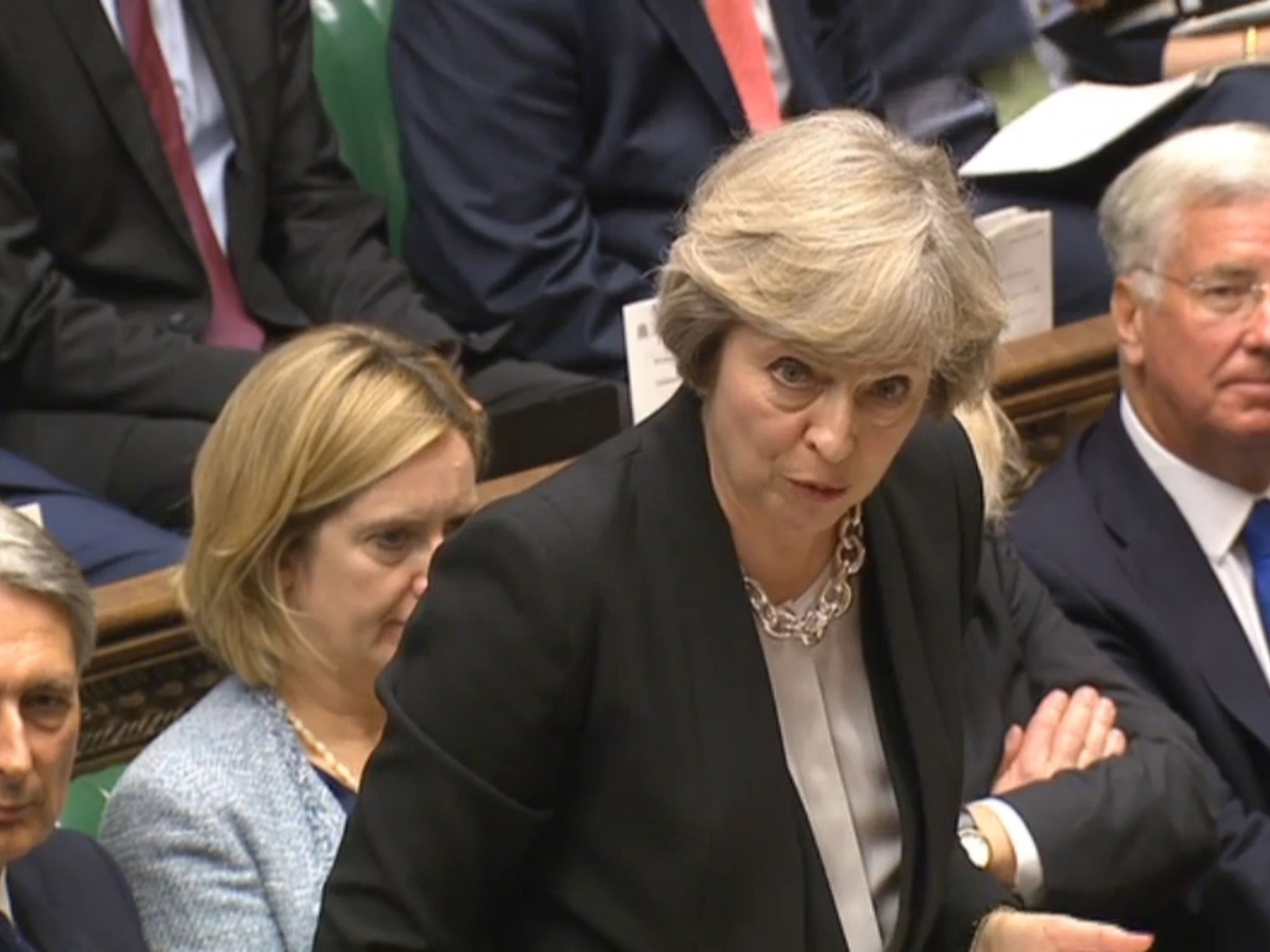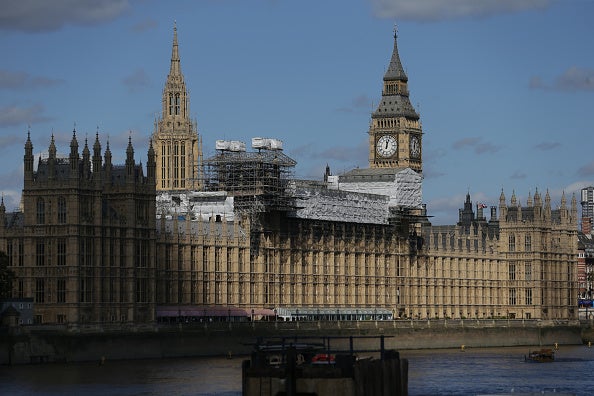Your support helps us to tell the story
From reproductive rights to climate change to Big Tech, The Independent is on the ground when the story is developing. Whether it's investigating the financials of Elon Musk's pro-Trump PAC or producing our latest documentary, 'The A Word', which shines a light on the American women fighting for reproductive rights, we know how important it is to parse out the facts from the messaging.
At such a critical moment in US history, we need reporters on the ground. Your donation allows us to keep sending journalists to speak to both sides of the story.
The Independent is trusted by Americans across the entire political spectrum. And unlike many other quality news outlets, we choose not to lock Americans out of our reporting and analysis with paywalls. We believe quality journalism should be available to everyone, paid for by those who can afford it.
Your support makes all the difference.The Government should not trigger Article 50 to leave the EU without first consulting Parliament, an eminent committee of peers has said.
The House of Lords Constitution Committee said it would be “constitutionally inappropriate” and “set a disturbing precedent” for the Government to plough ahead with a major change without explicit parliamentary approval.
The report puts Parliament on a collision course with Theresa May, who signalled in August that she would not give MPs or peers a vote on the issue. Downing Street said at the time that there was “no legal obligation” for a vote, though Parliament would “have its say” in a debate.
The reaction by the peers against the perception that Parliament is being sidelined comes after the Secretary of State for Leaving the European Union said yesterday that some details of negotiations would be kept “confidential” from Parliament.
“Clearly there is a need for Parliament to be informed without giving away our negotiating position. I may not be able to tell you everything, even in private hearings,” David Davis had told the House of Lords EU select committee.
“I can entirely see accountability after the event, that’s very clear. In advance, I don’t think it’s possible for parliamentarians to micro-manage the process and wouldn’t give us an optimum outcome for the country.”
Commenting today on the Constitution Committee’s report Lord Lang of Monkton, who chairs the group, said assent could be sought either by passing legislation or tabling a simple resolution.

“The referendum result was clear and it is right that the Government are preparing to take Britain out of the EU. However, our constitution is built on the principle of parliamentary sovereignty and the decision to act following the referendum should be taken by Parliament,” he said.
“Parliament should be asked to approve the decision to trigger Article 50 – a decision which will start the formal process of the UK leaving the EU and set a deadline for the UK’s exit.
“Parliament’s assent could be sought by means of legislation or through resolutions tabled in both Houses of Parliament. An Act of Parliament would give greater legal certainty and could be used to enshrine the ‘constitutional requirements‘ required by Article 50, allowing for the setting of advantageous pre-conditions regarding the exit negotiations to be met before Article 50 could be triggered.
“A resolution could be simpler and quicker to secure but might not provide the same watertight legal authority. We consider that either would be a constitutionally acceptable means of securing parliamentary approval for the triggering of Article 50.
“Parliament and the Government will need to work together to ensure that the UK achieves the best possible outcome when it withdraws from the EU. It is therefore important that Parliament plays a key role in scrutinising the Brexit negotiations once Article 50 is triggered.
“We all want the negotiations to produce a deal that works for both the UK and the EU, and Parliament must be involved in holding the Government to account in delivering that.”
At the beginning of August, Conservative peer Baroness Wheatcroft said the Lords could derail or delay the process of leaving the European Union. She suggested there was a majority in the House of Lords for remaining in the EU.
A spokesperson for the Department for Exiting the European Union said: “The Government's position is very clear. This is a prerogative power, and therefore one that should be exercised by the Government.
“Parliament voted by a majority of six to one to give the British people the decision on our membership of the EU in a referendum.”
“As the Secretary of State for Exiting the EU made clear to Parliament this week, the triggering of Article 50 is the beginning of the process of exit and we expect Parliament to be fully consulted and engaged throughout.”

Join our commenting forum
Join thought-provoking conversations, follow other Independent readers and see their replies
Comments